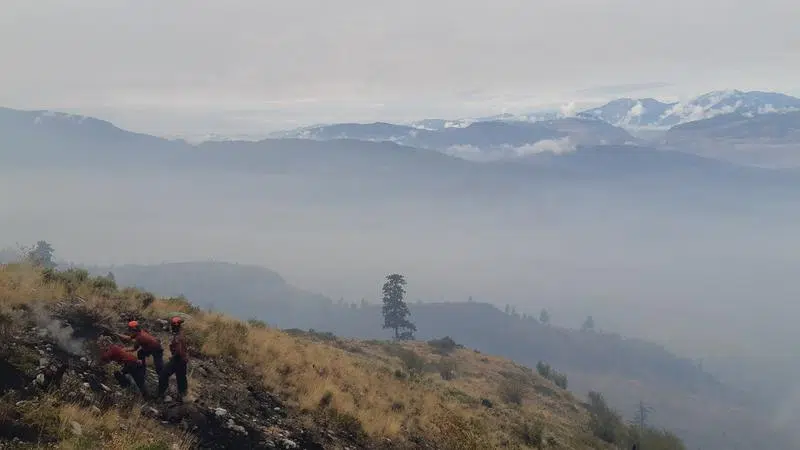
CHARBONNEAU: A brief reprieve from smoke-filled summers
I GAVE A SIGH OF RELIEF when this summer ended with no significant wildfires. The past two summers have been filled with eye-watering, throat-choking smoke so thick you couldn’t see across the street.
We were spared this year and, instead, read about the miserable wildfires in Brazil. The Group of Seven leaders indignantly berated Brazilian President Bolsonaro for allowing the burning of the “lungs of the earth.” In a token gesture, the G7 offered a measly $20 million to fight the fires and to send in “multilateral green helmets” to save the day.
The hypocrisy is palpable: the seven wealthiest countries on Earth extract $20-million worth of resources from Brazil every minute; Canada’s mining industry alone holds more than $10-billion in Brazilian assets. (Arno Kopecky, Globe and Mail, September 6, 2019)
If we are going to start enlisting eco-warriors to save the planet’s trees in the name of fighting climate change, Canada had better prepare to be invaded, too.


